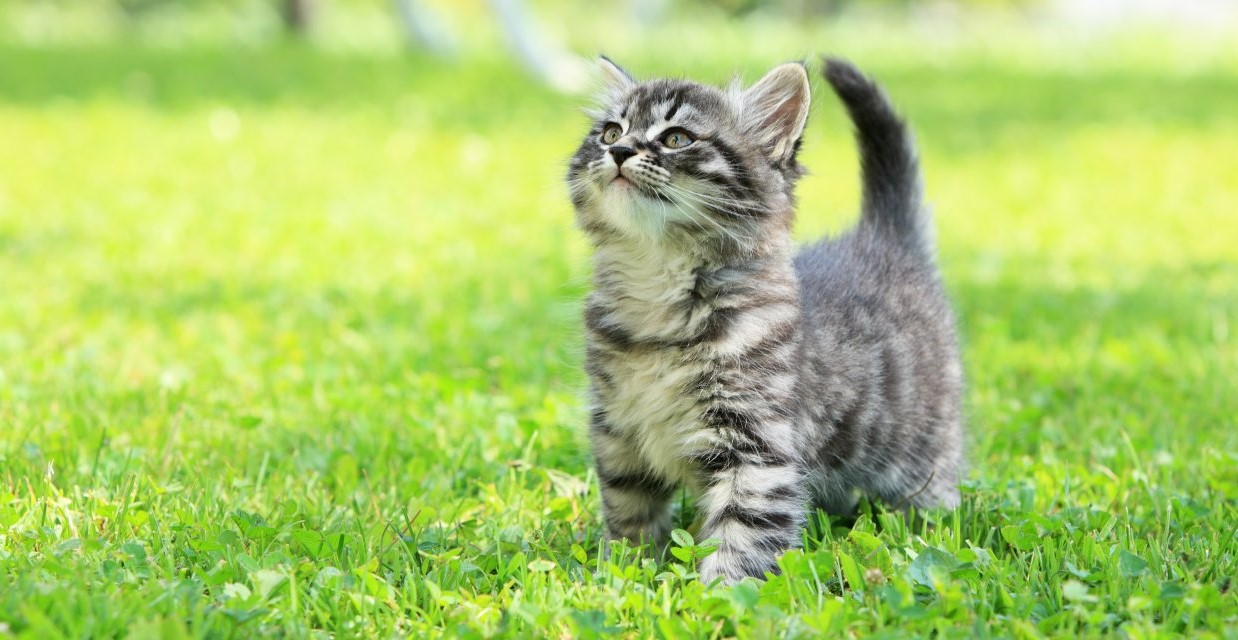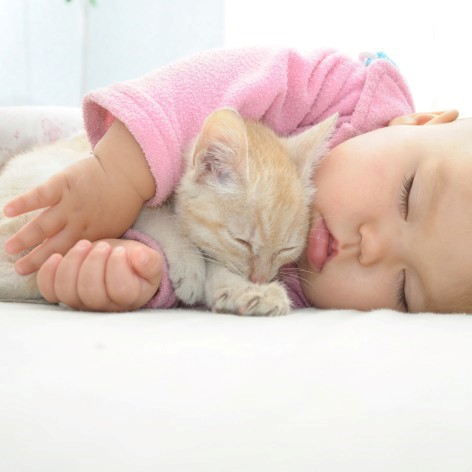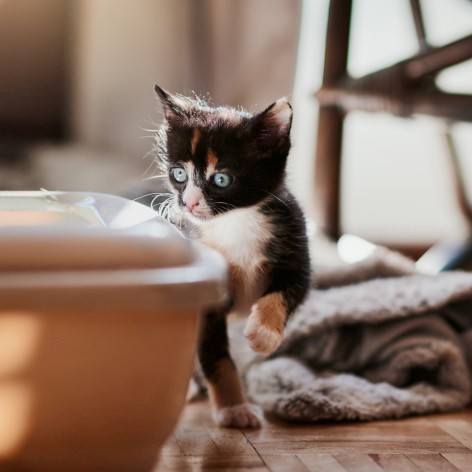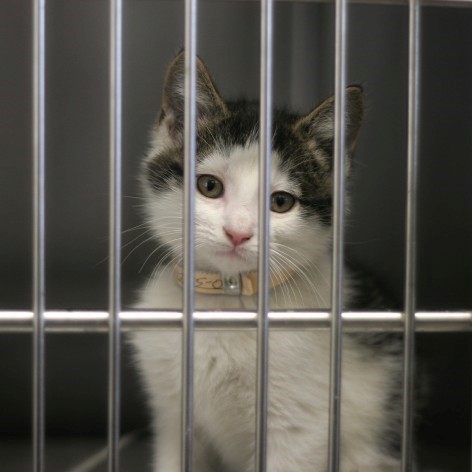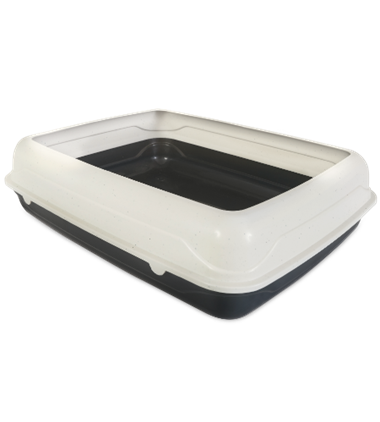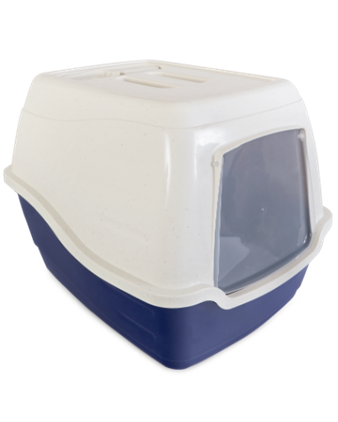What is a cat microchip?
A microchip is the size of a grain of rice and contains a tiny barcode, which can be scanned with a microchip scanner to give vets and animal pounds a chance to reunite lost cats with their owners.
The barcode consists of a 15-digit number unique to each microchip, but it is not a tracking device.
For privacy reasons, only authorised parties, including veterinary practices, council rangers, pounds and shelters, can access the pet registry database to obtain an owner’s details.
What are the benefits of microchipping your cat?
Cats that are allowed outdoors often wander further than a property’s boundary, jumping fences and even crossing roads, putting themselves in danger. If a member of the public finds a stray cat that has been injured and takes him or her to the vet for treatment, veterinary staff can scan the cat for the microchip cat details. This allows veterinary staff to contact the owner promptly so they can be involved in the decision-making process with their cat’s treatment.
Another advantage is if a cat is lost and is brought to the pound or a veterinary practice, the owner can be contacted immediately by telephone and the cat can be swiftly reunited to the owner, rather than having to be unnecessarily taken to the pound, rehomed or worse still, euthanased.
Microchipping has dramatically reduced the time a lost cat or kitten has to wait to be returned to their worried owner and has improved the chance of finding a cat that has gone missing.
What age can kittens be microchipped?
At present, it is not a legal requirement for kittens and cats in New Zealand to be microchipped, however most veterinary practices recommend that kittens be microchipped when they have their first kitten vaccination at 6-8 weeks of age. That way, if they somehow escape from their residence, they can be reunited with their owner. The cat microchip cost is minimal for the peace of mind it provides, allowing fast identification of your kitten should he or she get lost.
What is the process of cat microchip registration?
Registering your cat is a separate process to microchipping. When your kitten is microchipped, there will be a form you and your vet sign and submit to the local council. It is then up to the owner to register their cat which can be done online through your state’s pet registry.
For any registration fees it is best to check the requirements with your local council, but generally it is recommended that kittens are registered with their local council once they are desexed.
Usually desexed animals receive a substantial discount for their registration fee.
If you live near a state border then it is also worthwhile (but not compulsory) registering your cat with the Companion Animals Register, which is a New Zealand wide database – visit www.animalregister.co.nz for further information.
What do I need to do if I move house and my contact details change?
If you change your address or phone number, be sure to change the cat microchip registration details with the pet registry. Moving house is one of the riskiest times for cats to go missing, so remember to do this without delay.
Since microchipping was made compulsory for all cats, the time it takes to reunite lost pets with their concerned owners has been greatly reduced, resulting in an improvement in animal welfare.
Microchipping kittens and cats is known to be successful in reducing the number of stray cats ending up at animal shelters and gives owners the security in knowing that their pet has a much higher chance of being returned to them if missing.


